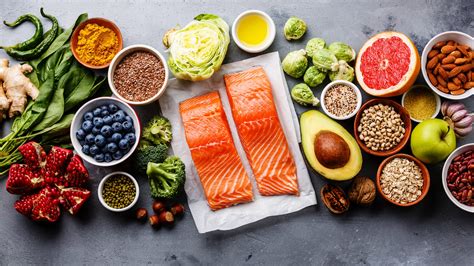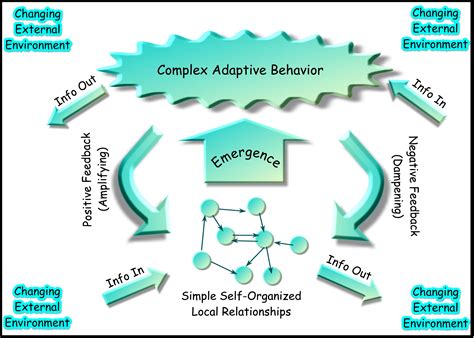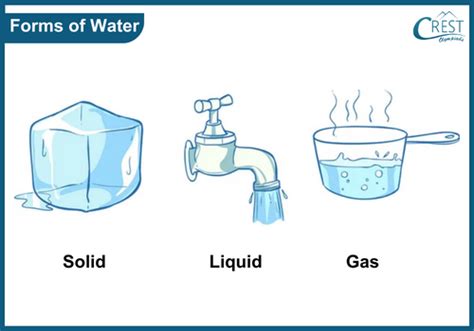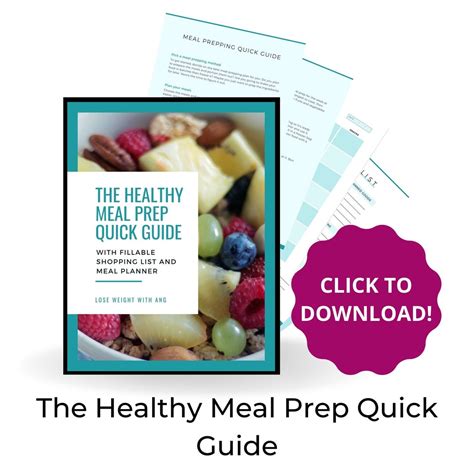Nutrition for natural testosterone boost & avoiding energy dips?

Optimizing Hormone Health and Sustained Energy Through Diet
In the quest for peak physical and mental performance, two critical factors often intertwine: stable energy levels and balanced hormone production, particularly testosterone. While countless factors influence these, nutrition stands as a cornerstone. A well-designed dietary approach can be a powerful tool to naturally enhance testosterone and bid farewell to those unwelcome mid-day energy crashes.

The Nutritional Blueprint for Testosterone Support
Testosterone, a vital hormone for men (and present in smaller amounts in women), influences muscle mass, bone density, mood, and libido. Certain nutrients are non-negotiable for its optimal production:
- Healthy Fats: Cholesterol is a precursor to testosterone, making healthy fats crucial. Incorporate monounsaturated fats (avocado, olive oil, nuts) and saturated fats (from lean meats, eggs, coconut oil) in moderation. Omega-3 fatty acids from fatty fish (salmon, mackerel) also play a role in overall hormone regulation.
- Zinc: This mineral is directly involved in testosterone synthesis. Excellent sources include red meat, shellfish (especially oysters), legumes, seeds, and nuts.
- Vitamin D: Often dubbed the “sunshine vitamin,” Vitamin D acts like a steroid hormone in the body and has a strong correlation with testosterone levels. Fatty fish, fortified dairy products, and sunlight exposure are key.
- Magnesium: Found in leafy greens, nuts, seeds, and whole grains, magnesium helps reduce oxidative stress and can improve free (bioavailable) testosterone levels.
- Protein: Adequate protein intake is essential for overall hormone health and muscle repair, which indirectly supports testosterone. Opt for lean meats, poultry, fish, eggs, and plant-based proteins.

Stabilizing Blood Sugar: The Key to Eliminating Energy Dips
Energy dips are often a symptom of fluctuating blood sugar. When you consume refined sugars and simple carbohydrates, your blood sugar spikes rapidly, leading to an insulin surge and subsequent crash. To maintain stable energy:
- Prioritize Complex Carbohydrates: Choose whole grains (oats, brown rice, quinoa), starchy vegetables (sweet potatoes, squash), and legumes. These break down slowly, providing a steady release of glucose into the bloodstream.
- Embrace Fiber-Rich Foods: Fiber, found in fruits, vegetables, and whole grains, slows down digestion and absorption, preventing sharp blood sugar spikes.
- Balance Your Meals: Every meal and snack should ideally contain a balance of complex carbohydrates, healthy fats, and lean protein. This trio works synergistically to slow digestion and maintain satiety and stable energy levels.
- Avoid Refined Sugars and Processed Foods: These are the primary culprits behind energy crashes. Limit sugary drinks, pastries, white bread, and highly processed snacks.

Micronutrients and Hydration for Overall Vitality
Beyond the macronutrients and key minerals, a spectrum of vitamins and adequate hydration contribute significantly to both hormone function and sustained energy.
- B Vitamins: Crucial for energy metabolism, B vitamins (B6, B12, folate) help convert food into usable energy. Found in whole grains, meat, eggs, and leafy greens.
- Iron: Essential for oxygen transport, iron deficiency can lead to fatigue. Red meat, spinach, and fortified cereals are good sources.
- Hydration: Even mild dehydration can lead to fatigue, reduced cognitive function, and impaired physical performance. Aim for plenty of water throughout the day.

Strategic Meal Timing and Frequency
How you eat can be as important as what you eat. Spacing out meals can help keep your energy levels consistent.
- Regular Meals and Snacks: Aim for 3 balanced meals and 1-2 healthy snacks per day to prevent long periods without food, which can lead to energy dips.
- Don’t Skip Breakfast: Starting your day with a nutritious breakfast sets your metabolism and blood sugar on the right track.
- Pre and Post-Workout Nutrition: Fueling before exercise provides energy, while consuming protein and carbs post-workout aids recovery and replenishes glycogen stores, preventing fatigue.

Conclusion: A Holistic Approach to Sustained Wellness
Achieving a natural testosterone boost and eliminating energy dips is not about quick fixes but a consistent, well-rounded nutritional strategy. By focusing on nutrient-dense whole foods, balancing macronutrients, prioritizing key vitamins and minerals, and maintaining optimal hydration, you empower your body to produce hormones efficiently and sustain vibrant energy levels throughout your day. Remember, consistency is key, and individual needs may vary, so listening to your body and consulting with a healthcare professional or registered dietitian can further optimize your approach.








